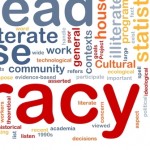
Yuri Milaneschi discusses new research on the structure and presentation of mental health disorders, which suggests that although there are many different faces of major mental disorders, some of these faces are far more common than others.
[read the full story...]





